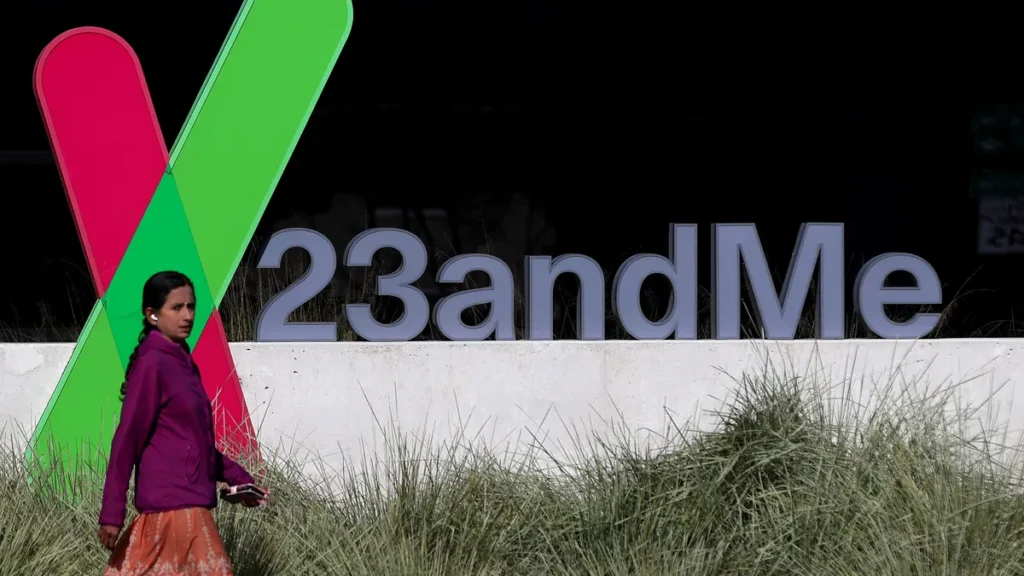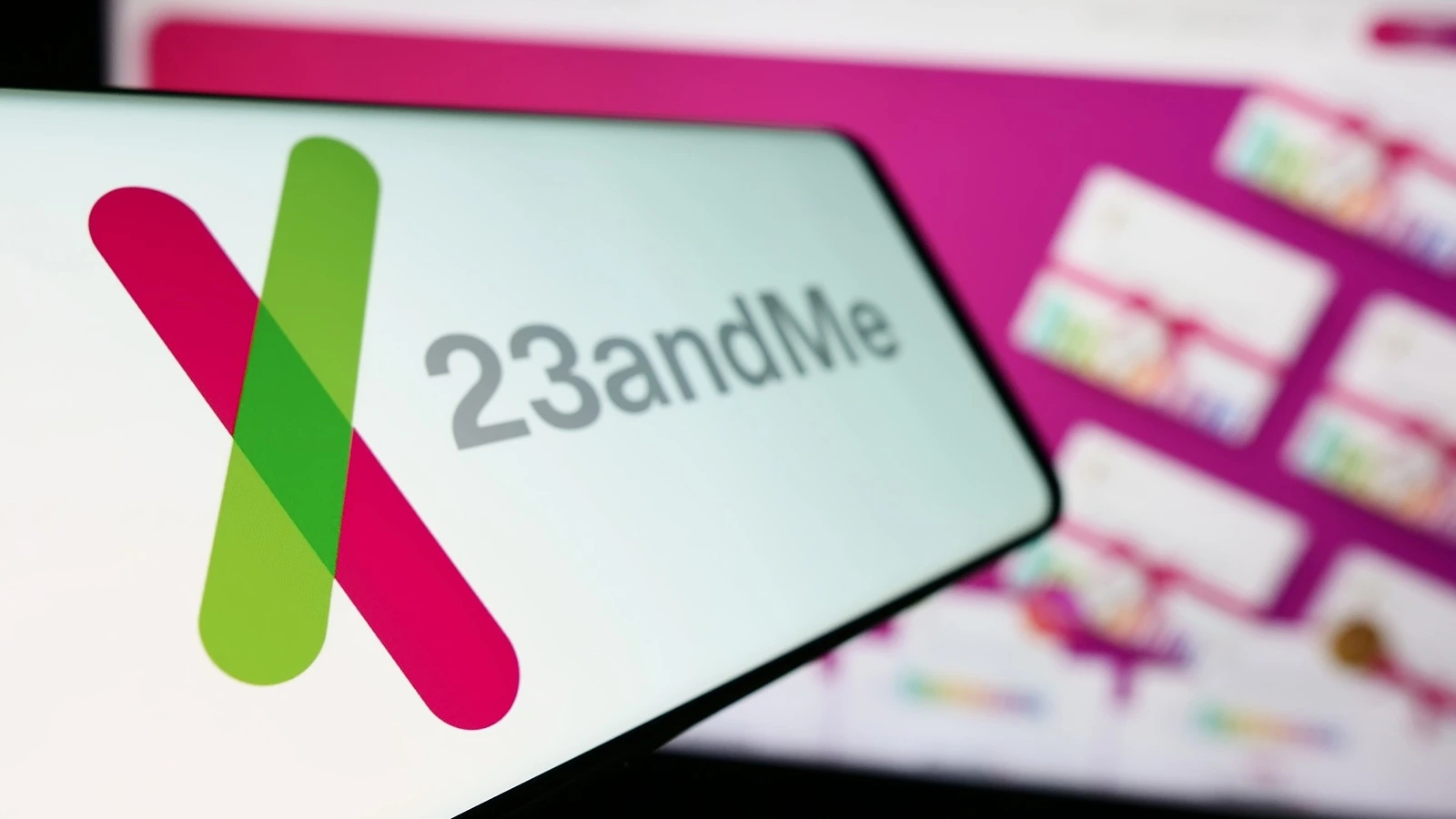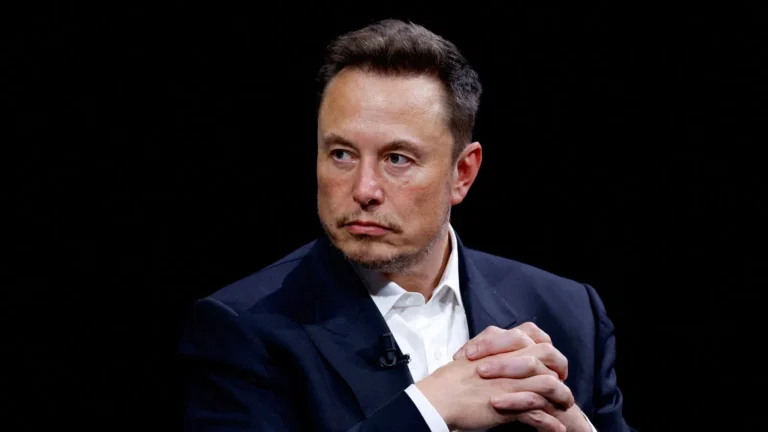Three years ago, DNA-testing firm 23andMe was riding high with a share price that even surpassed Apple’s at the time. Fueled by a wave of excitement from millions eager to discover insights into their ancestry, family connections, and genetic predispositions, the company appeared unstoppable. Customers willingly sent saliva samples to access detailed genetic reports, making 23andMe a household name in consumer DNA testing.

Today, however, the company finds itself fighting for survival as its share price plummets. This week, it narrowly avoided delisting from the stock market, a stark contrast to its former success. With a database containing extremely sensitive information about individuals’ DNA, questions arise about the future of this data and what might happen if the company faces more financial challenges.
When contacted by the BBC, 23andMe struck a confident tone, assuring that it remained “committed to protecting customer data and consistently focused on maintaining the privacy of our customers.” Yet, as the company battles financial woes, it’s worth examining how a firm once considered a tech trailblazer reached a point where its very future is in question.
The DNA Gold Rush and Initial Success
In its heyday, 23andMe gained popularity for its user-friendly reports and fascinating results that sometimes offered life-changing revelations. Many users found long-lost relatives, uncovered unexpected family history, or learned about potential genetic risks. High-profile customers, including celebrities like Snoop Dogg, Oprah Winfrey, and Warren Buffet, helped elevate the company’s public image. Its stock price once soared to $321, reflecting investor optimism.
Fast forward three years, and the share price has collapsed to just under $5. Today, 23andMe is worth a mere fraction—about 2%—of its peak valuation. According to Professor Dimitris Andriosopoulos from the Responsible Business Unit at Strathclyde University, the company’s troubles stem from two main challenges. First, it lacks a sustainable business model; after purchasing a DNA report, there’s little reason for customers to return. Second, the company’s plan to use its vast DNA database for drug research has been slow to produce results, as drug development takes years to reach profitability.
Andriosopoulos believes these issues put 23andMe on shaky ground. “If I had a crystal ball, I’d say they will maybe last for a bit longer,” he told the BBC. “But as it currently is, in my view, 23andMe is highly unlikely to survive.”
Internal Turmoil and Leadership Challenges
The company’s struggles are also reflected in its leadership changes. The entire board resigned over the summer, leaving CEO and co-founder Anne Wojcicki—sister of former YouTube CEO Susan Wojcicki and ex-wife of Google co-founder Sergey Brin—as the only remaining original executive. Rumors suggest the firm may soon fold or be sold, though 23andMe has denied these claims.
In a recent statement, the company explained that Wojcicki intends to take 23andMe private and is not considering third-party takeover offers. However, the speculation has persisted, with competitor Ancestry urging regulators to investigate if 23andMe is put up for sale.
The Risks Associated with DNA Data
While it’s not unusual for tech companies to rise and fall, 23andMe’s situation is unique because it involves highly sensitive data. “It’s worrying because of the sensitivity of the data,” says Carissa Veliz, author of Privacy is Power. DNA data isn’t just about the individuals who submitted their samples; it also contains genetic information about their relatives, who may not have consented to be part of the database.
David Stillwell, a professor at Cambridge Judge Business School, notes the potential risk for family members: “DNA data is different. If your bank account details are hacked, it will be disruptive but you can get a new bank account. If your (non-identical) sibling has used it, they share 50% of your DNA, so their data can still be used to make health predictions about you.”
23andMe has tried to reassure customers, stating that there are strong legal protections governing data transfers in any ownership change. “The 23andMe terms of service and privacy statement would remain in place unless and until customers are presented with, and agree to, new terms and statements,” the company said.
While data protection laws like GDPR offer some level of security, the company’s track record hasn’t been flawless. A year ago, 23andMe experienced a security breach, which raised concerns about the vulnerability of its systems.
The Broader Implications and Calls for Change
Despite assurances, privacy advocates like Veliz argue that these legal protections don’t go far enough. She believes companies handling DNA data should face stricter regulations, given the irreversible nature of genetic information. “The terms and conditions of these companies are typically incredibly inclusive; when you give out your personal data to them, you allow them to do pretty much anything they want with it,” she says. “Until we ban the trade in personal data, we are not well protected enough.”
As 23andMe fights to stay afloat, its future remains uncertain. The company’s unique challenges highlight broader issues within the tech industry about handling sensitive personal data. The stakes are especially high for 23andMe’s customers, who may have unintentionally placed not just their own, but their family members’ most personal information, at risk.






